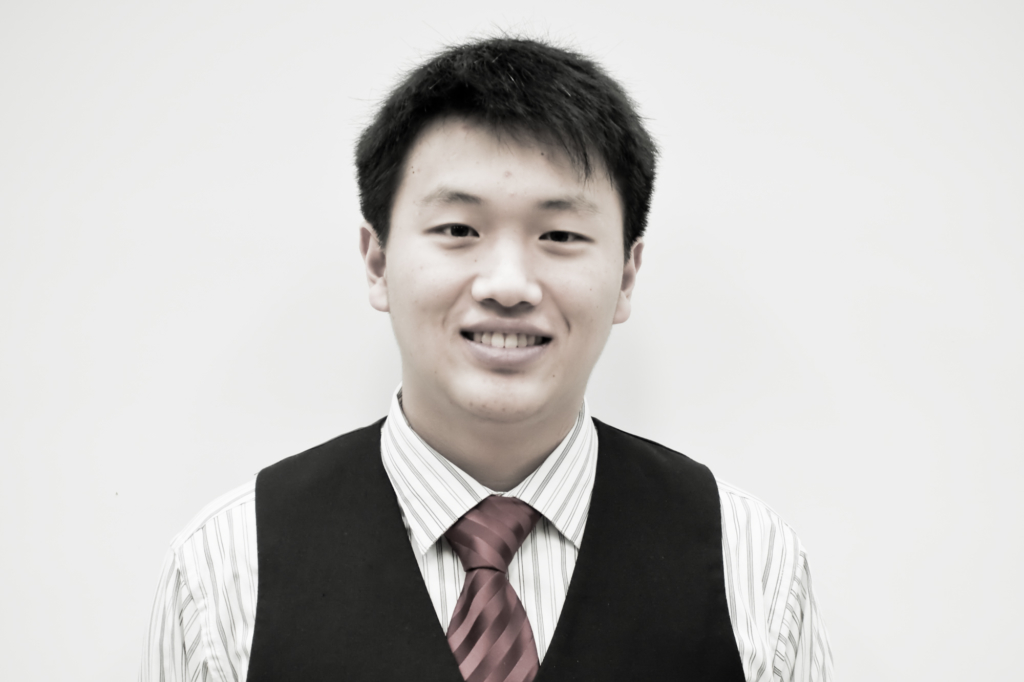
Jeff Li has always wanted to be a doctor. His mother was a physician in China, and though she stopped practicing when she moved to the United States, Li has been browsing through her old medical books since childhood.
He would comb through her study when he was in elementary school, pulling out textbooks and trying to read them. He would usually pretend to understand, but when he got frustrated, he would ask for his mother’s help. His favorite memories are of her sitting him down and going through the pages. She would try to teach him things that he, a six year old, made no sense of, and he’s wanted to go into medicine ever since.
Today, he’s a senior at the University of Texas at Austin, majoring in biochemistry honors. He is also majoring in business honors at the UT McCombs School of Business and hopes to pursue a joint MD/MBA program after he graduates.
An internship at a Houston medical center the summer before he started college inspired him to apply and enroll at McCombs. There, supply-and-demand issues resulted in hopeless medical cases, and he realized that he wanted to contribute to medical advances in more ways than are possible for physicians alone.
Since then, he’s been participating in medical research, interning at hospitals, and studying at McCombs, finding ways to use an education in business to improve patients’ lives.
Here’s his story:
I have always considered medicine and science to be my main thing – ever since elementary school. You know how you always hear stories about parents really wanting their kids to become doctors or lawyers? My mom told me to just find what made me happy and to do that. For a while she really discouraged me from being a doctor. The lifestyle is hard, it’s not for everyone, and she said to just go and find some job and do that instead.
But there were times when I was really little, when she would be in a different room, and I would go into her study and pull out some medical school textbook and open it up. I was a bit of a pretentious kid, you know, I would be six or seven years old and would pretend I could understand what I was reading. Then about 15 minutes later I’d say, “Okay, I don’t get it,” and I’d go get my mom. I remember her sitting me down and really going through those pages and teaching me, even though I didn’t understand anything anyway.
My ambitions didn’t really solidify until I interned at the Texas Medical Center in Houston – I worked at the Baylor College of Medicine, the Texas Children’s Hospital, and St. Luke’s in their transplant department. So I was there for the entire summer right before I went to UT, and I spent 60 hours a week just shadowing and doing things. That was when it really clicked for me, that this was what I wanted to do. I’d been given this really wonderful opportunity to push myself and to experience what it was actually like to work in a hospital full time as a resident, as a physician.
But something that really stuck with me, from the transplant department, was that we were on call 24/7 and basically waiting for people to die. We waited for organ donors to die in order to be able to treat any of our patients. For example, there was a client – I can’t give any patient specifics – but we had to treat a 10-month-old baby girl. She was born with a birth defect in her bile ducts by her liver, so the bile would build up inside and become clogged and backflow into her liver. We waited and waited and tried so hard to find a liver for her, but even after a month or so there was nothing.










